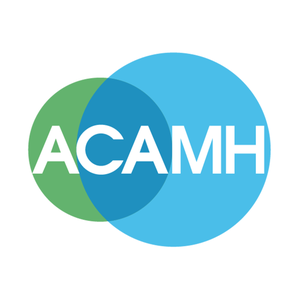🚀 From Google Podcasts to Moon FM in No Time: Your Hassle-Free Migration Guide
👉

We focus on bridging the gap between rigorous research and best practice relating to children's mental health. We hold a body of knowledge and act as information hub for sharing best practice to benefit all of those who work with children. Visit our website (https://www.acamh.org/) for a host of free evidence-based mental health resources.
Your feedback is valuable to us. Should you encounter any bugs, glitches, lack of functionality or other problems, please email us on [email protected] or join Moon.FM Telegram Group where you can talk directly to the dev team who are happy to answer any queries.